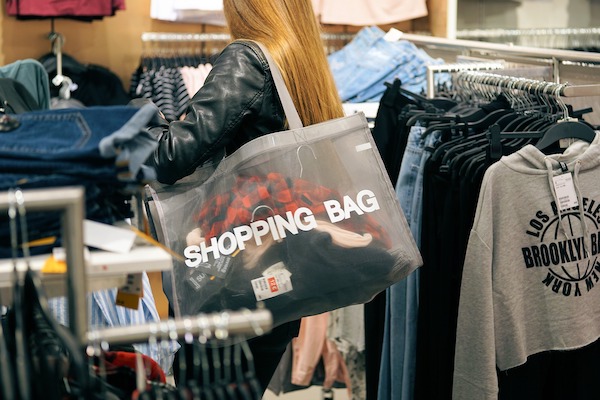

Less elbow room, or more expensive lattes? According to secretive business guru 'The Fool', that's what Jersey's population policy struggle really boils down to.
"Employers, particularly in the hospitality and retail sectors, are struggling to find staff, and are appealing to the government to do something about their predicament, and this represents the front line, the very DMZ, of objective (economic) and subjective (emotional) arguments.
The emotional reaction to this, for many people, is that they feel that the island is already over-populated, and that substantially increasing the population will exacerbate the problems that come with the arrival of more people.

Pictured: For many people, the island is already over-populated.
On first sight, a bit ‘I’m alright Jack’, but the arguments are valid. Dealing with the consequences of more people and a finite resource space is complex, with both short and long-term consequences.
On the other hand, the economics of running a business are relatively simple, and rely largely on two things: how much you can sell, and how much it costs to do so.
The value of sales is stuff shifted multiplied by the unit price of that stuff. Total costs are a bit more complicated, encompassing the costs of premises, stock, utilities, regulation, tax, and of course, staff.
If the value of artisan sharing platters and macadamia nut vegan lattes you can pump out are greater than total costs of providing those valuable commodities, you make a profit, and get roll around on your money mattress, giggling maniacally, and lighting cigars with fifties, doing Pilates.

Pictured: "The economics of running a business ... rely largely on two things; how much you can sell, and how much it costs to do so."
If the value of sales of Dream Catchers and Chupallas are less than total costs of supplying ethnic curios, you’re making a loss, and either need to stop, or change something about the business (and ‘changing something’ really only means increasing the value of sales, or cutting costs).
Increasing the value of sales consists of either shifting more dream catchers, or increasing the unit price of interesting Chilean headwear that you can sell.
Cutting costs could consist of appealing to one’s landlord to reduce the rent, to suppliers to reduce their prices, to government to reduce red tape, and of course, reducing staff costs.
It is interesting to note that, despite the costs of rent, supplies, red tape and myriad other business expenses having increased in recent years, the prices of much of what we consume - be it cars, televisions, artisan fruit teas, or McDonald’s burgers - really hasn’t risen by any significant amount.
Pictured: The price of McDonald’s burgers hasn’t increased that much thanks to a reduction in staffing costs made possible by increased immigration.
And the primary reason for that is because of a reduction in staffing costs made possible by increased immigration of educated and skilled workers from countries with much lower costs of living (and, of course, lower wage levels).
These people have been willing to work for a lower wage than the indigenous population (whilst simultaneously lowering the broad level of wages offered to everyone in those trades).
Call it globalisation, or any of the Left’s pejorative terms, but most of the stuff you can afford has what you would probably view as cheap labour somewhere in the delivery chain.

Pictured: "Wage demands from those who have travelled for work have started to rise."
However, with many of these peoples’ home economies having boomed in recent years on the back of European integration, or more streamlined global trade flows, the financial attraction of travelling elsewhere has diminished.
The supply of cheaper labour for developed countries has therefore begun to dry up, and wage demands from those who have travelled for work have started to rise, because the choice of returning to, or remaining in, their home countries could prove equally financially rewarding.
This brings us full circle to where our little economics lesson began: with Jersey employers appealing to the Government to ‘do something’, on the basis that the availability of staff has diminished. (Availability being a relative problem, because the higher the wage a business can offer, the less a problem recruitment would be!)

Pictured: "Less elbow room, or more expensive lattes."
As anybody with a grasp of basic algebra will remember, equations can usually be simplified, and, in this case, the essence of the employers’ demand really is: 'Find us a new source of cheap staff, or prices will have to go up.'
And that is the decision facing those confronted with developing a future population policy: less elbow room, or more expensive lattes."
The views expressed in this piece are those of the author, and not of Bailiwick Express.
Read the Fool and more analysis in Connect Magazine by clicking here.
Comments
Comments on this story express the views of the commentator only, not Bailiwick Publishing. We are unable to guarantee the accuracy of any of those comments.